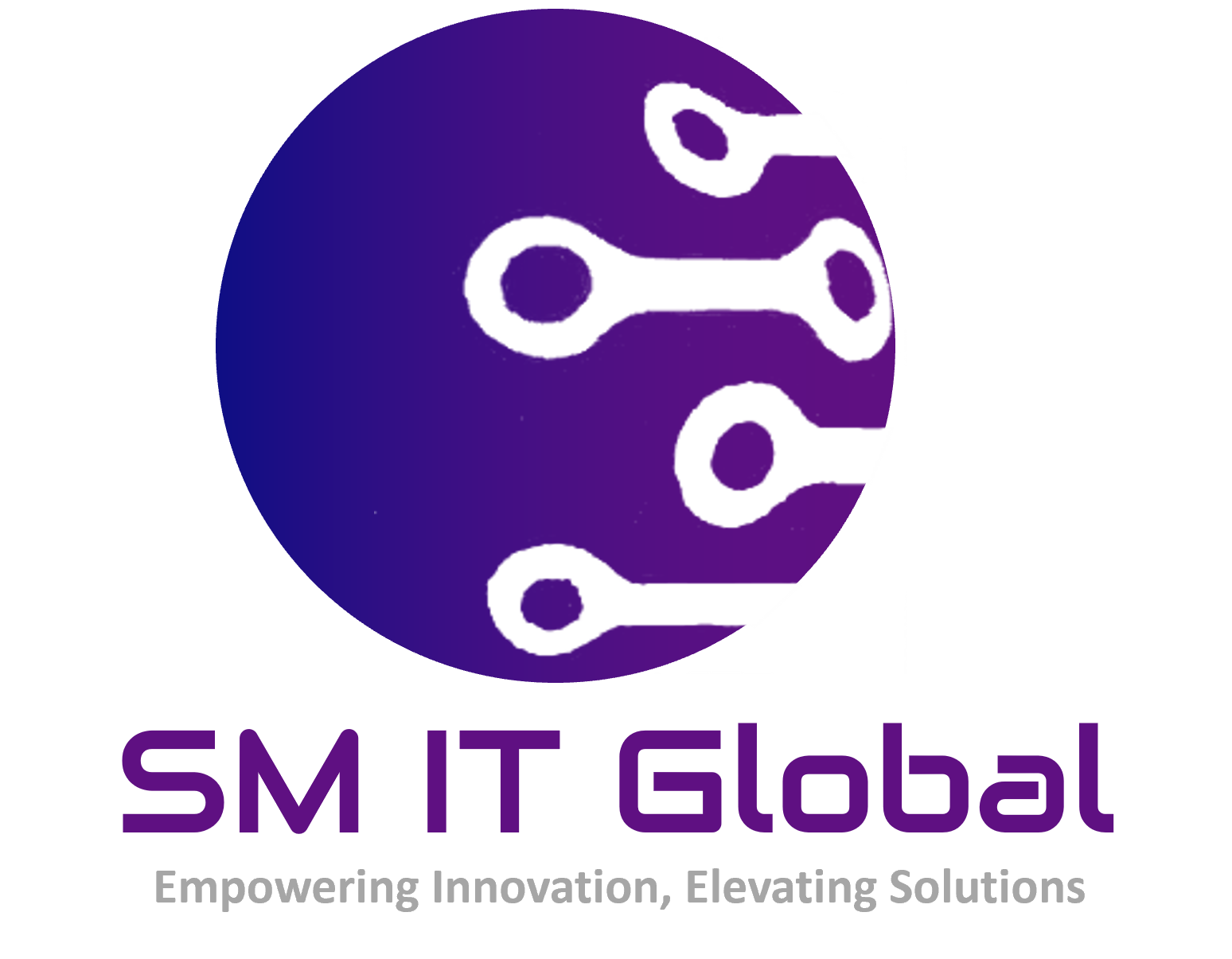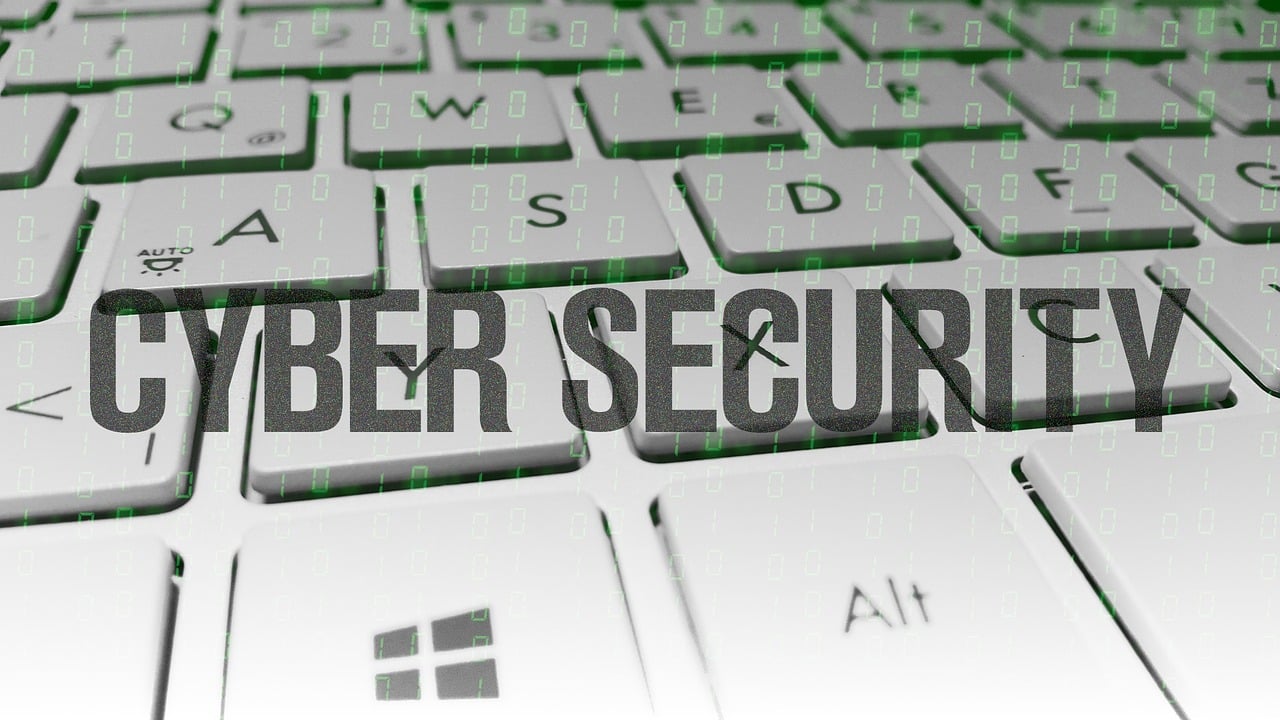Get ready to kickstart 2018 with Flipkart’s Mobile Bonanza Sale, where you can find exclusive deals and discounts on a wide range of mobile phones. With the Flipkart Mobile Bonanza, you can enjoy amazing offers on popular brands like Samsung, Apple, Xiaomi, and more. Whether you’re looking for a budget-friendly smartphone or a high-end device, this sale has something for everyone. Don’t miss out on this opportunity to upgrade your mobile phone at unbeatable prices and take advantage of the exciting offers available during the Flipkart Mobile Bonanza.
Prepare to jumpstart the new year with Flipkart’s Mobile Bonanza Sale, featuring a plethora of enticing offers and markdowns on a diverse selection of smartphones. This event presents an excellent opportunity to snag incredible deals on leading brands such as Samsung, Apple, Xiaomi, and more. Whether you’re in the market for a cost-effective handset or a premium device, this sale caters to all preferences. Don’t pass up the chance to elevate your mobile experience with unbeatable prices and capitalize on the enticing promotions offered during the Flipkart Mobile Bonanza.
Flipkart 2018 Mobiles Bonanza Sale
Flipkart has announced the dates of its first sale of 2018 – January 3 to January 5. As the name 2018 Mobiles Bonanza suggests, this Flipkart sale will exclusively offer deals on smartphones, such as flat discounts, buyback guarantees at Rs. 149, exchange discounts and no-cost EMIs, and more. Among the deals announced so far, the notable ones include Google Pixel 2 at Rs. 39,999 (MRP Rs. 61,000), Moto G5 Plus at Rs. 9,999 (MRP Rs. 16,000), Samsung Galaxy S7 at Rs. 26,999 (MRP Rs. 46,000), Xiaomi Redmi Note 4 4GB RAM at Rs. 10,999 (MRP Rs. 12,999) and Xiaomi Mi A1 at Rs. 12,999 (MRP Rs. 13,999). Apart from these, the Swipe Elite Star and Lava A52 4G VoLTE smartphones will be available at Rs. 2,018 in the sale.
Apple apologises for slowing down older iPhones, offers discount on battery replacements. Apple has issued an apology in a message posted on its website for the way it handled the battery issue, and said it would make changes to “regain the trust of anyone who may have doubted Apple’s intention.” As part of the changes, it will offer battery replacement on out-of-warranty iPhone 6 and later models at Rs. 2,000 (excluding taxes), instead of Rs. 6,500 (including taxes) in India. The same price has been reduced from $79 to $29 in other markets. It will also introduce software that will show users the battery health of their iPhones.
Smartphone Price Cuts for the Holiday Season
Moto G5S Plus, Oppo F3, Vivo V7 get price cuts for the holiday season. As 2018 beckons, Chinese smartphone brands have given price cuts to some of their popular smartphones to keep sales high in the holiday season. The Moto G5S Plus has received a Rs. 1,000 price cut, and will now be available at Rs. 14,999 at Amazon.in and Moto Hub offline stores. Similarly, the Oppo F3 price has dropped by Rs. 2,000 to Rs. 16,990. While the new price is not reflected in online stores, Oppo F3 can be purchased at the new price offline. The Vivo V7 price in India has been slashed by Rs. 2,000 as well, bringing it down to Rs. 16,990 on both online and offline stores.
WhatsApp accidentally activates Reply Privately feature on Windows Phone beta. WhatsApp reportedly enabled the rumoured Reply Privately feature by mistake on Windows Phone beta v2.17.342, before disabling it in 2.17.344 version. It was again turned in v2.17.348 beta for Windows Phone users. The upcoming WhatsApp feature is said to allow users to reply to messages privately in group chats. Apparently, the build turned on the first time was buggy and showed the Reply Privately feature even in personal chats, not just groups. Other WhatsApp features on recent Windows Phone beta builds include new UI for calls, Quick Switch to video calls, and advanced group settings.
Flipkart Mobile Bonanza
| Brand | Model | Discount | Price |
|---|---|---|---|
| Samsung | Galaxy M31 | 20% | $200 |
| Apple | iPhone 11 | 15% | $700 |
| Xiaomi | Redmi Note 9 Pro | 25% | $150 |
RESULT
The Flipkart Mobile Bonanza offers great discounts on popular mobile phone models from top brands. Customers can enjoy significant savings on their favorite smartphones during this limited-time sale. Whether it’s a Samsung Galaxy, an Apple iPhone, or a Xiaomi Redmi, there’s something for everyone at the Flipkart Mobile Bonanza. Don’t miss out on the opportunity to upgrade your mobile device at a discounted price!









